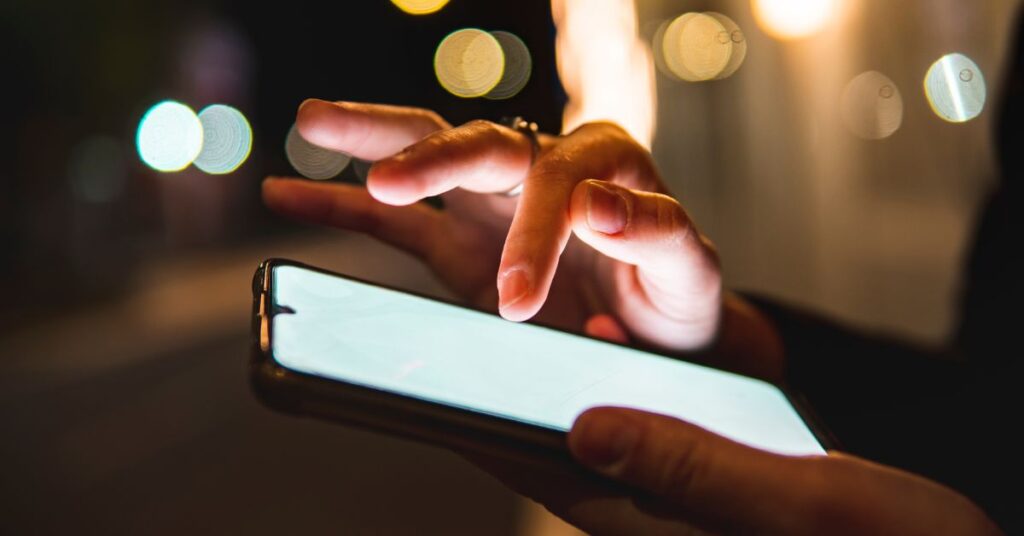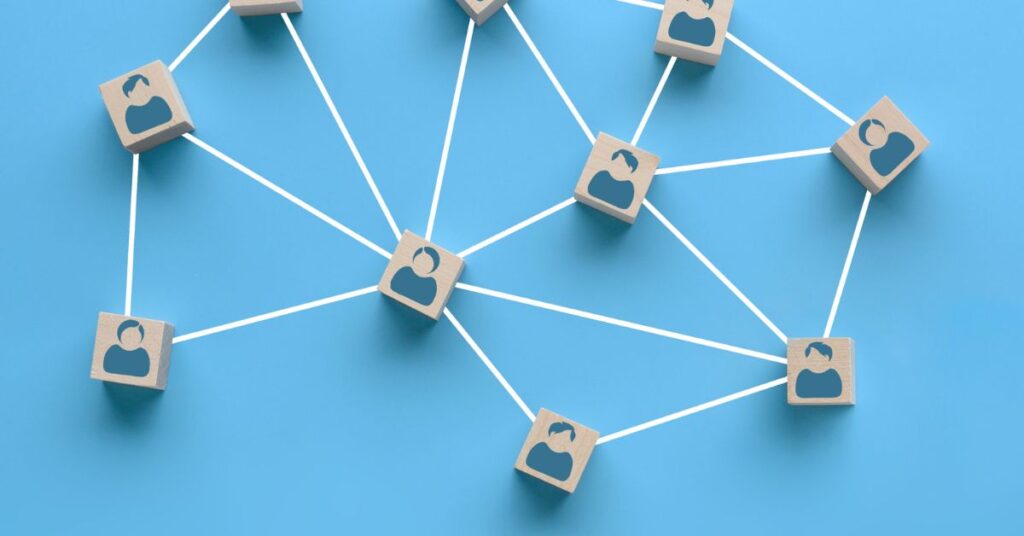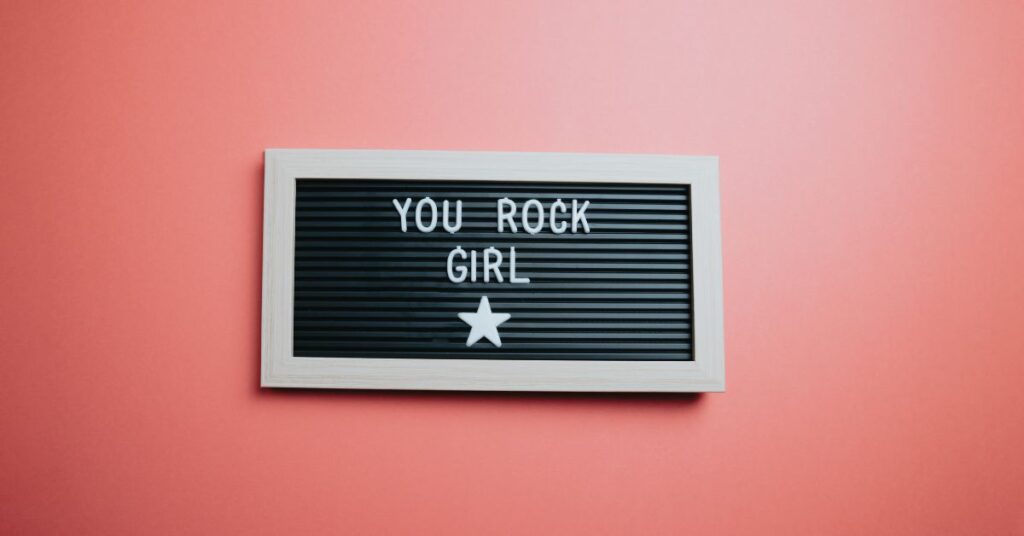Last Updated on 10 months
 The Comparison Trap
The Comparison Trap
We’ve all been there—scrolling mindlessly on our favorite social media platform when intrusive thoughts creep in: “They’re so lucky,” “I wish I could afford that,” or “I wish I looked like that.” These feelings aren’t purposeful but are expected after subconsciously comparing yourself to what you’re shown. Social media is one of the most accessible places to find someone or something to compare ourselves to. With its growing popularity, this issue will only intensify.
 The Need for Connection
The Need for Connection
As humans, we yearn for connection; currently, social media is the easiest way to connect with others globally. You can find all sorts of different people online, but it seems we’re all playing the same game. Social media operates like a reward system—we feel validated by every like and comment and disheartened when we don’t receive those things. We start to think there’s something wrong with us, even if that isn’t the case.
Imagine feeling particularly low about your appearance one day. You post some images of yourself when you felt attractive, hoping to be uplifted by your peers. When it doesn’t get the attention you hoped for, but someone else’s post gets way more attention, it can make you feel even worse. It’s important not to put all your self-worth into what others think of you. When you are confident in yourself, it is much harder for others’ thoughts or actions to hurt you.
View this post on Instagram
The Illusion of Perfection
Not only is it important to be confident within yourself, but it is also crucial to realize that everything is not how it appears. Pictured above: Danae Mercer regularly chronicles how most of what we see online is highly curated and, in many cases, heavily edited with a wide range of editing software. Most of what you see on social media is someone trying to sell you something.
In popular “get-ready-with-me” (#GRRM) videos, they might be marketing clothes or makeup. In vacation videos, it could be a booking website. In-house tours might showcase a developer or real estate agent’s work. Influencers often use their platforms for profit, so don’t put too much stock into what they show you.
 Combatting Self-Esteem Issues
Combatting Self-Esteem Issues
To combat self-esteem issues from social media, follow influencers who remind you that most of what you see isn’t real. This could include before/after content creators showing real-life versus highly edited renderings. Also, take frequent breaks from social media—it can be overwhelming. Instead of staying inside and scrolling, go outside and make real-life memories with friends. The life you live offline is much more important than the one curated for others to see.
 Acceptance and Empowerment
Acceptance and Empowerment
A major part of moving past self-esteem issues is acceptance. Everyone is meant to live their own lives. What worked for someone else isn’t guaranteed to work for you, and you aren’t promised the same level of success as anyone else. Focus on your own journey and be empowered by the opportunity to live your unique experience. The only person who can prevent you from enjoying your life is you. It isn’t easy to release yourself from negative thoughts or feelings, but it can definitely be managed with effort.
Reference:
Social Media Victims’ Mental Health
